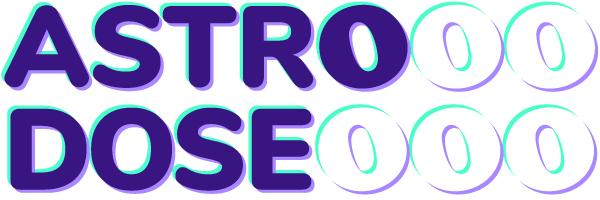
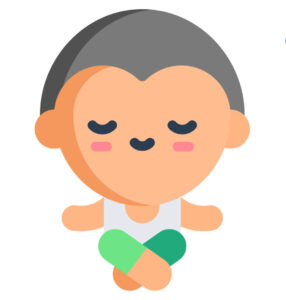
Astrodose
Can Microdosing Psilocybin Reduce Migraine Symptoms?
- May 4, 2023
- , 4:22 pm
- , benefits
Migraines are a debilitating condition suffered by over a billion people worldwide. And — as you well know if you are a sufferer — they are far more than ‘just a headache’. Migraine is a neurological condition that can have dire consequences across practically all areas of a sufferer’s life.
In addition to the typical head pain (which isn’t always actually present during migraine), symptoms can include nausea and vomiting, vision changes, and sensitivity to noise and light. Surprisingly, the recognition of migraine as a true debilitating condition and public health issue has only occurred relatively recently, in 2000. This delay was likely based on the fact that headaches are not fatal, and do not result in visible, objective disability. It could also be because women, who have been historically underserved by the healthcare system, are two to three times more likely to suffer from migraine as men.
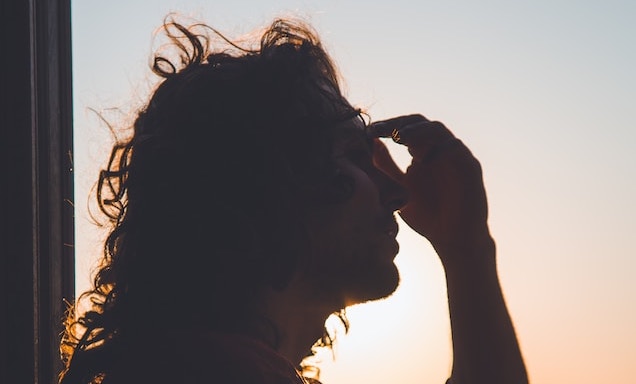
Either way, there have been many factors which have hindered the understanding of headache disorders, such as migraine, and the debilitating consequences for a significant number of people who are affected by them. For many people it can take days to recover, and they cannot function normally during that time. This can disastrously affect a sufferer’s work and social life, as well as mental health.
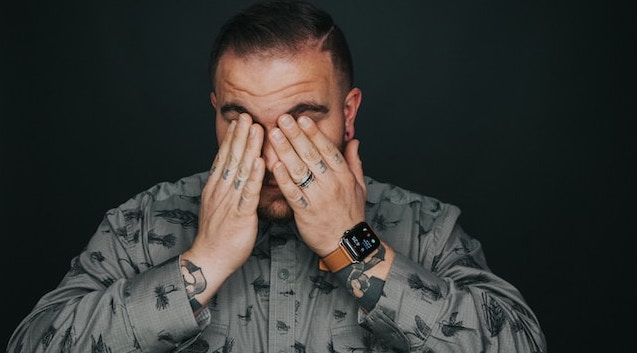
What Triggers Migraine?
There are many different triggers for migraine. These can include;
Emotional Triggers:
- Stress
- Tension
- Anxiety
- Shock
- Depression
- Excitement
Physical Triggers:
- Tiredness
- Poor-quality sleep
- Overwork
- Bad posture
- Neck or shoulder tension
- Jet lag
- Low blood sugar (hypoglycaemia)
- Strenuous exercise that is not your usual routine
Environmental Triggers:
- Bright lights
- Flickering screens, such as a television or computer
- Loud noises
- Changes in climate, such as humidity or very cold temperatures
- Strong smells
- Smoking (or smoky rooms)
- A stuffy atmosphere
Dietary Triggers
- Dehydration
- Alcohol
- Missed, delayed or irregular meals
- Caffeine products, such as tea, coffee or soda
- Specific foods, such as chocolate or citrus fruit
- Foods containing a substance called tyramine, which include cured meats, yeast extracts, pickled or smoked fish, and certain cheeses (such as cheddar, stilton and camembert)
Hormonal Changes
Some women experience migraines near the time of their period, most likely because of changes in hormones, such as oestrogen, during this time. These can occur around 2 days before the start of the period to 3 days after. Some women only suffer from migraine during this time — this is known as pure menstrual migraine. However, most women experience them at other times as well — this is called a menstrual-related migraine. Some women’s migraines improve after menopause, but on the flip-side, for some women menopause can trigger or worsen migraine.
Additionally, on top of this smorgasbord of triggers, often migraines will just come out of the blue for the sufferer — even if they have been avoiding the things that can set them off.
Psilocybin as Treatment for Migraine
This is where psilocybin comes in. Psilocybin is the naturally occurring psychedelic compound that is found in magic mushrooms and magic truffles. Recent research has found it to be an effective treatment for a host of mental health conditions including depression, anxiety, and PTSD. Even more recent research has indicated that psilocybin could be an effective treatment for physical maladies such as chronic pain, and excitingly, cluster headaches, a condition closely related to migraine.
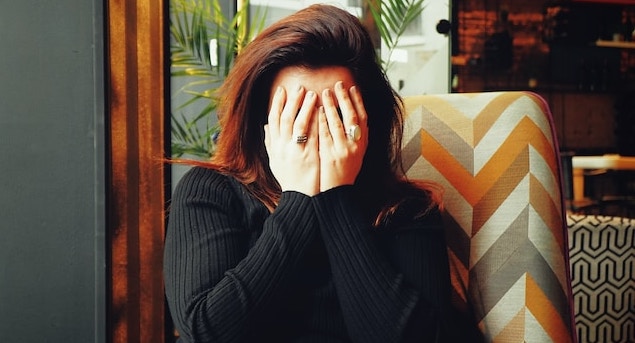
A Promising New Study
A recent study, led by Yale School of Medicine, found that a single dose of psilocybin can reduce the frequency of migraine by 50% for at least 2 weeks. It was a world-first exploratory study, both double-blind and placebo controlled, and yielded highly promising results.
Up until recently, evidence for psilocybin’s efficacy at treating migraine was mainly anecdotal. However, this is how much of psilocybin’s later-proved virtues were first identified. As it seems to often be the case with psychedelic research, the institutional scientists must pick up the trail from the citizen scientists who have come before. But, there is no smoke without fire, and those self-reported success stories are finally being proven by the scientific community.
Migraine Frequency Reduced by Half
The study involved ten chronic migraine sufferers. They were asked to keep a headache diary for two weeks leading up to and following the two sessions they were required to participate in. Some of the participants were given psilocybin while others received a placebo.
Dr Emmanuelle Schindler, the author of the study, confirmed the significant impact that psilocybin had in reducing migraine frequency and severity.
She explained to New Atlas;
“Compared to placebo, a single administration of psilocybin reduced migraine frequency by about half over the two weeks measured…In addition, when migraine attacks did occur in those two weeks, pain intensity and functional impairment during attacks were reduced by approximately 30 per cent each.”
An Unexpected Result
The study, published in the journal Neurotherapeutics, showed an unexpected and intriguing result. It found a lack of correlation between the strength of the psychedelic experience and the therapeutic effect. This is notable because in other psilocybin studies, specifically for mental health conditions, tend to find correlation between intensity of psychedelic experience and therapeutic benefits.
In actuality, in this study, those who reported more intensive altered consciousness, actually demonstrated less reduction in migraine frequency.
In fact, subjects who reported the high levels of altered consciousness showed smaller reductions in migraine frequency.
Could Microdosing Be The Key?
This indicates that migraine could potentially be treated by microdosing. This is the practice of taking a subthreshold dose of a psychedelic, like psilocybin, to improve mental health, creativity, focus, and general mood. There is no noticeable psychedelic effect when microdosing is done properly, meaning it can easily be introduced to a person’s routine.
Dr Schindler said;
“This is definitely a finding we’re interested in exploring further,”
“If these outcomes are confirmed to be independent, it suggests that the migraine-suppressing effects do not involve the same systems that cause the acute changes in sensation and perception. Psilocybin has some chemical and pharmacological similarities to existing migraine medications that are not psychedelic, so we plan to investigate its therapeutic effect in this context.”
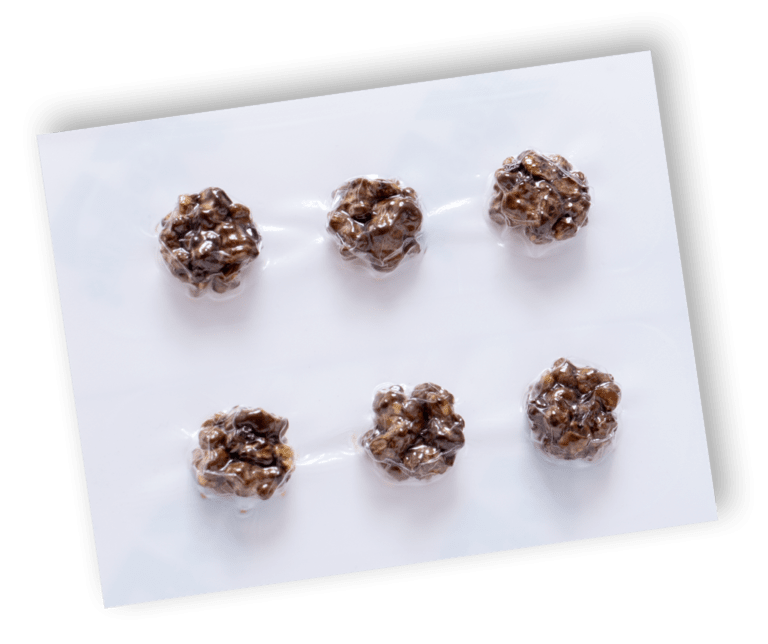
These results are certainly exciting. However, it is good to remember this was a small, early, study, with the aim to find new possibilities. And, Dr Schindler and her colleagues certainly did. Not only does this study offer new insight into how psilocybin could help relieve the struggle of migraine sufferers, but it could also give us new insight about the currently unknown causes of chronic headache disorders.
Dr Schindelr will soon be helming another migraine study, with longer follow up periods and different doses.

